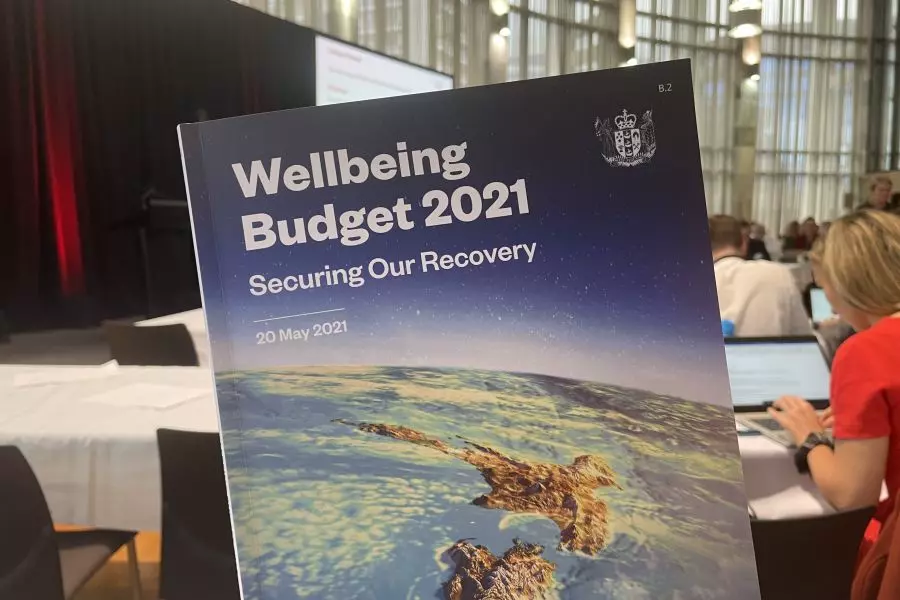
News
More money to police property rental laws

Thursday 20th of May 2021
In this year’s Budget there are four separate allocations to fund many changes introduced to the rental market.
A $16 million allocation has been made to police the Healthy Homes Standards. This will be used to increase the number of pro-active investigations undertaken ensuring the benefits of raising the standards of New Zealand’s rental housing stock are realised.
Want to read the full article?
Click the button below to subscribe and will have unlimited access to full article and all other articles on the site.





![[The Wrap] Bye Bye Bayly](https://goodreturns.publit.io/file/c_fill,w_900,h_600/39f23ac1-f7c7-4854-b700-a150004ebbac.webp)


